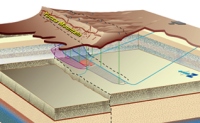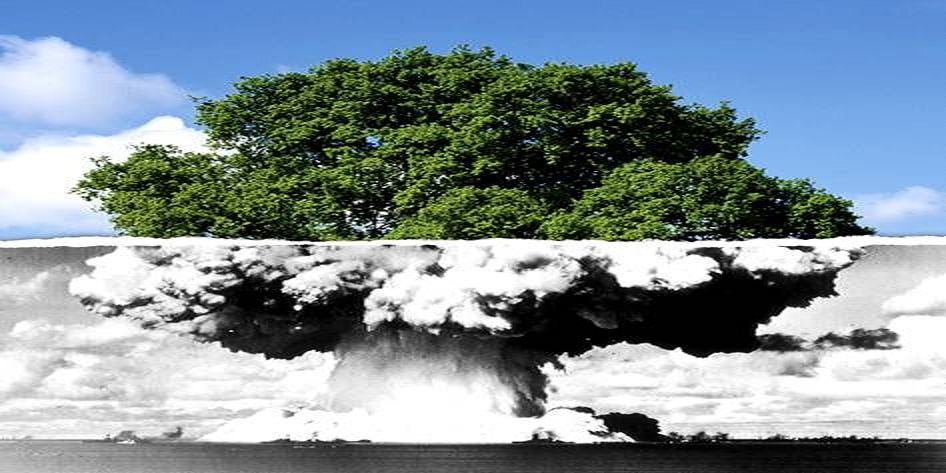Obama dumps Yucca Mountain
27 February 2009
Work on disposing of radioactive waste at Yucca Mountain has all but stopped after President Barack Obama's budget blueprint yesterday. A new strategy for permanent storage is to be developed.
 |
| A cross section of the Yucca plan |
An application to build the Yucca repository was lodged with the NRC in June last year, and this confirmation that NRC will continue to examine it indicates that Yucca will remain on the table for consideration at least until a firm strategy is announced. The move remains basically in line with Obama's pre-election statements that Yucca Mountain was "not an option."
America must now set a new course for long-term management of high-level radioactive waste, which could include reprocessing and recycling after a change in attitude towards the practices during recent years. A major factor could be Obama's position on the Global Nuclear Energy Partnership (GNEP), which would see a community of countries share nuclear power technology with leading nations storing all the high-level waste from the entire group after dramatic volume reduction from reprocessing.
Modern long-term strategies usually involve a step-wise reversible process that starts with an invitation to communities nationwide to express interest. The authority responsible for the project would then engage with each community and conduct preliminary geological assessments of the surrounding area. A shortlist of possible hosts would be drawn up, giving a range of project options with tailored benefits developed for each community. Moving along a clearly defined path, the list is reduced until a single site, plan and timetable can be announced. A key aspect of the process is that communities have the absolute right to withdraw at any stage. The process to manage Sweden's waste is currently nearing the step of picking from two sites eager to host the underground repository, Oskarshamn and Forsmark. Eventually Swedish high-level wastes will be sealed in copper canisters and embedded in clay plugs some 400 metres below ground in solid rock.
The history of Yucca Mountain clearly contrasts with this kind of equitable process. Legislation in 1982 stipulated that the USA should have a permanent store for radioactive waste from its military, research, power and medical activities from 1998, and initial plans foresaw two such facilities - one in the eastern states, and one in the west. Several sites were given preliminary evaluation and identified as feasible locations for the project, but a Congressional vote directed the Department of Energy to focus on just one: Yucca Mountain, Nevada, where a powerful and persistent force quickly arose from state authorities to block progress.
Nevada Senator Harry Reid, who has been the most prominent anti-Yucca figure over a two-decade campaign wrote on his website that he "couldn't be happier for the people of Nevada" after more than two decades of effort.
The history of Yucca Mountain clearly contrasts with this kind of equitable process. Legislation in 1982 stipulated that the USA should have a permanent store for radioactive waste from its military, research, power and medical activities from 1998, and initial plans foresaw two such facilities - one in the eastern states, and one in the west. Several sites were given preliminary evaluation and identified as feasible locations for the project, but a Congressional vote directed the Department of Energy to focus on just one: Yucca Mountain, Nevada, where a powerful and persistent force quickly arose from state authorities to block progress.
Nevada Senator Harry Reid, who has been the most prominent anti-Yucca figure over a two-decade campaign wrote on his website that he "couldn't be happier for the people of Nevada" after more than two decades of effort.

0 comments:
Post a Comment